US House passes measures seeking to pull war powers back from Trump
The US House of Representatives has passed two pieces of legislation aiming to contain President Donald Trump’s war powers.
In a 228 to 175 vote on Thursday, the Democratic-led House voted to pass one measure that would forbid military action against Iran unless approved by Congress.
While four of Trump’s fellow Republicans joined Democrats in supporting the bill, three Democrats sided with most Republicans in voting no.
In addition, the House voted - 236 to 166 - to repeal the 2002 Authorization for the use of Military Force for the war in Iraq, which US presidents have long used to justify several military actions, with 11 Republican lawmakers voting yea and two Democrats voting nay.
“The Constitution gives Congress, not the president, the power to declare war. And with President Trump taking steps toward dangerous conflict with Iran - without any consultation with Congress - we need to reassert the responsibility given to us,” said Democratic Representative Eliot Engel, chairman of the Foreign Affairs Committee.
There is uncertainty, however, as to what might happen to the legislation in the Republican-led Senate, where a similar effort to pass an Iran-related war powers resolution has been stalled during Trump’s impeachment trial.
Meanwhile, House Speaker Nancy Pelosi (D-Calif.) said ahead of Thursday’s vote that “members of Congress continue to have serious, urgent concerns about the president’s decision to engage in hostilities against Iran and about its lack of strategy moving forward.”
Congress’ power to declare war “has been, shall we say, usurped by administrations both Democratic and Republican, and now to an extent that practically abrogates whatever is in the Constitution,” she added.
A day earlier, Trump took to Twitter to express opposition.
“With Votes in the House tomorrow, Democrats want to make it harder for Presidents to defend America, and stand up to, as an example, Iran. Protect our GREAT COUNTRY!” he wrote.
This comes following the US’ assassination of Iranian senior anti-terror commander Lieutenant General Qassem Soleimani earlier this month.
General Soleimani, commander of the Quds Force of Iran’s Islamic Revolution Guards Corps (IRGC), was martyred alongside fellow Iraqi commander Abu Mahdi al-Muhandis and some others in a set of drone strikes ordered by Trump that targeted their vehicle at the Baghdad International Airport on January 3.
Both commanders enjoyed deep reverence among Muslim nations over their endeavors in ending Daesh’s territorial rule in Iraq and Syria.
In retaliation, the IRGC fired volleys of ballistic missiles at Ain al-Assad air base in the western Iraqi province of Anbar, which housed US forces, and another US-run base on January 8. The Pentagon announced days later that 34 troopers had received traumatic brain injuries in the attack on Ain al-Assad.
VIDEO | UK court frees remaining jailed members of Palestine Action
VIDEO | Former prince Andrew arrested by British police
VIDEO | Backlash mounts as Pakistan joins US-led Gaza ‘Board of Peace’
Saudi-Greece fiber optic project to pass through Syria instead of occupied territories: Report
Israel steps up bloodshed in Lebanon
US lawmakers move towards vote on limiting Trump’s Iran strike authority
VIDEO | Hebrew media talk ‘Board of Peace,’ ceasefire, anti-Iran rhetoric, tensions surrounding Lebanon
VIDEO | Rising tensions in West Asia


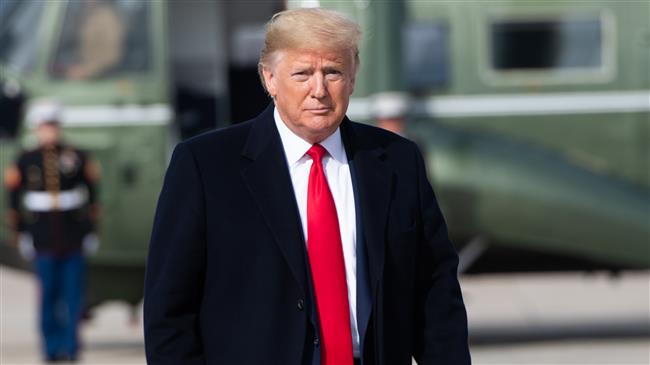

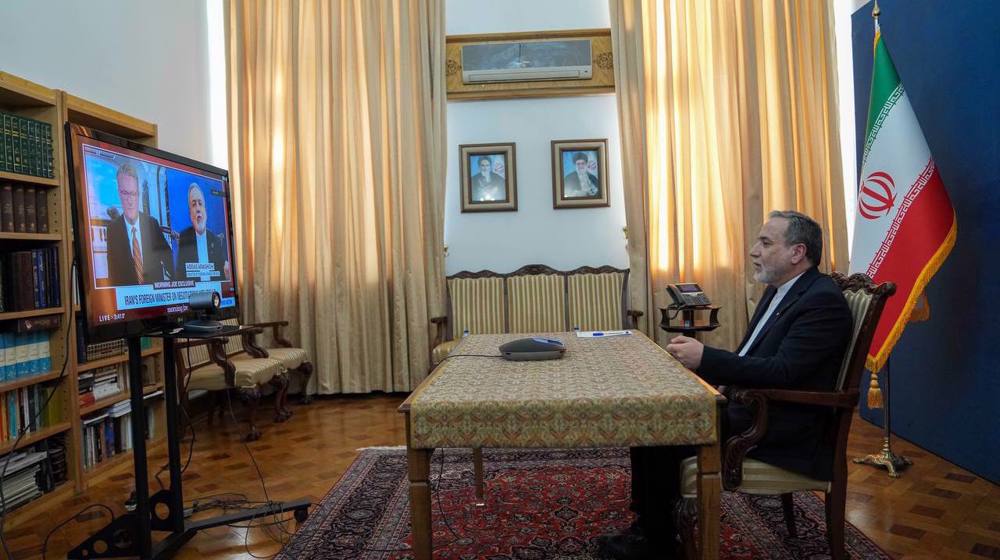
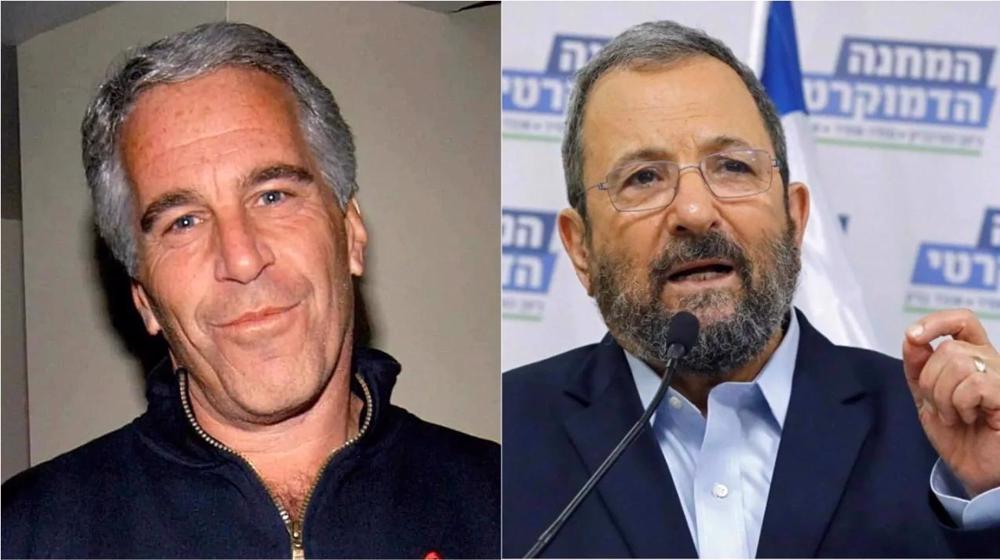




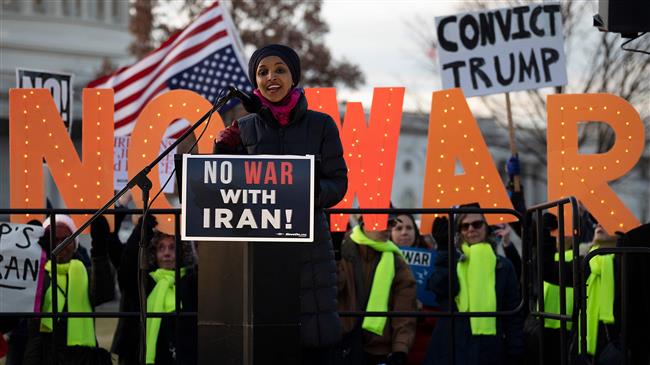
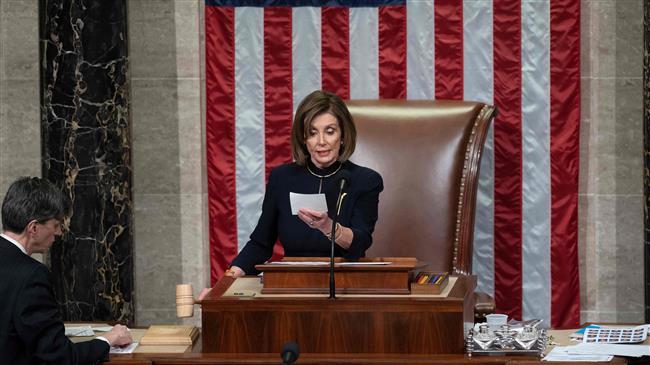

 This makes it easy to access the Press TV website
This makes it easy to access the Press TV website